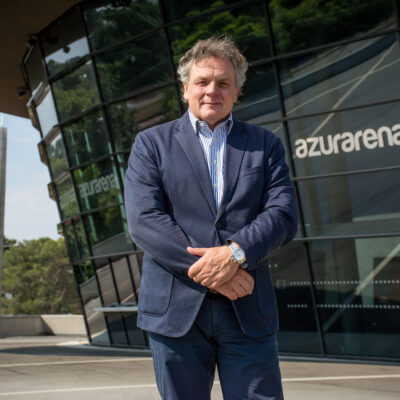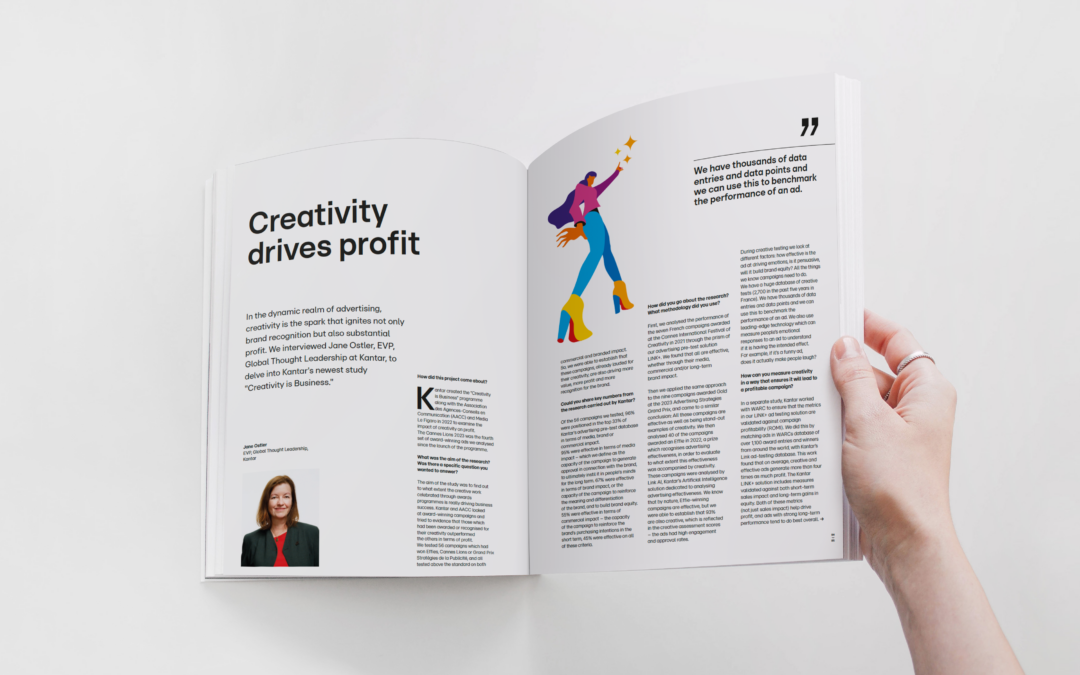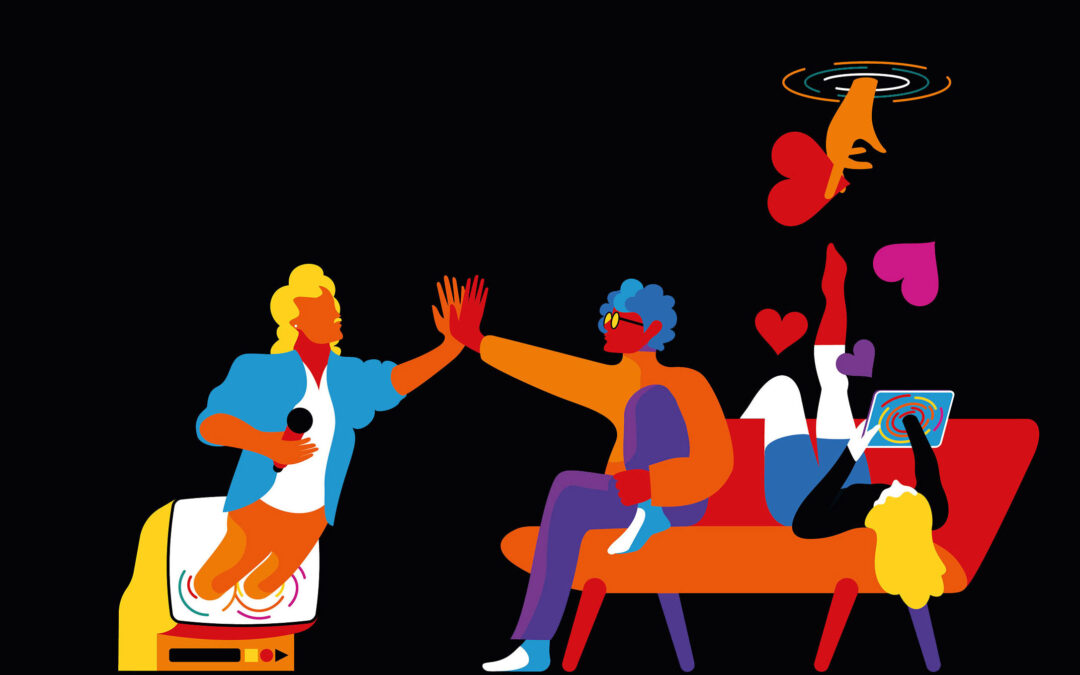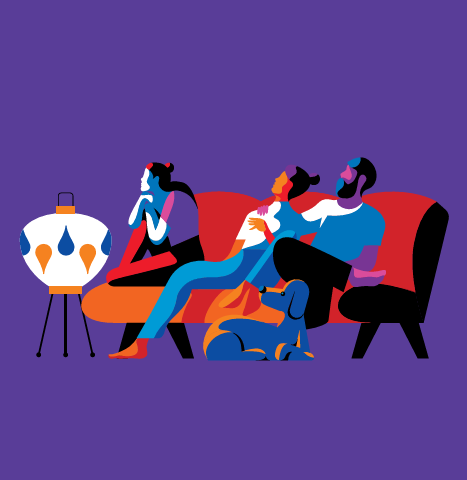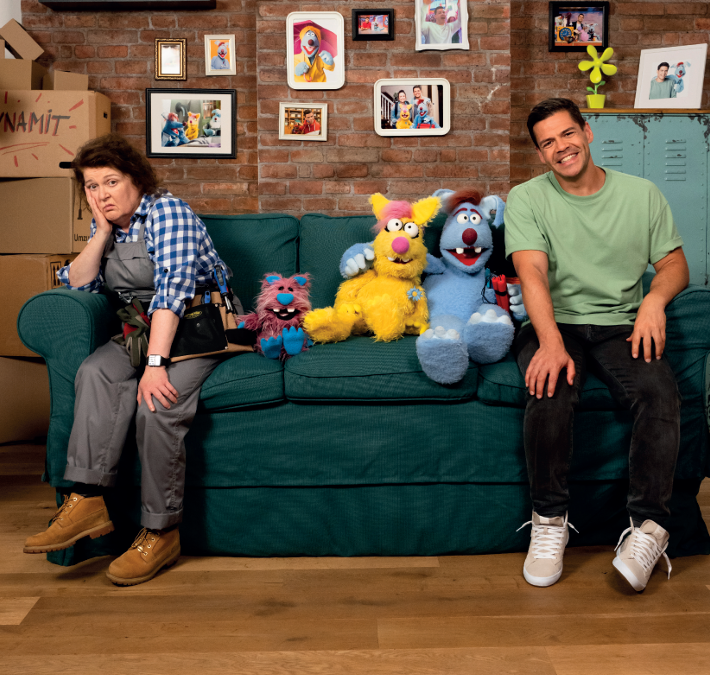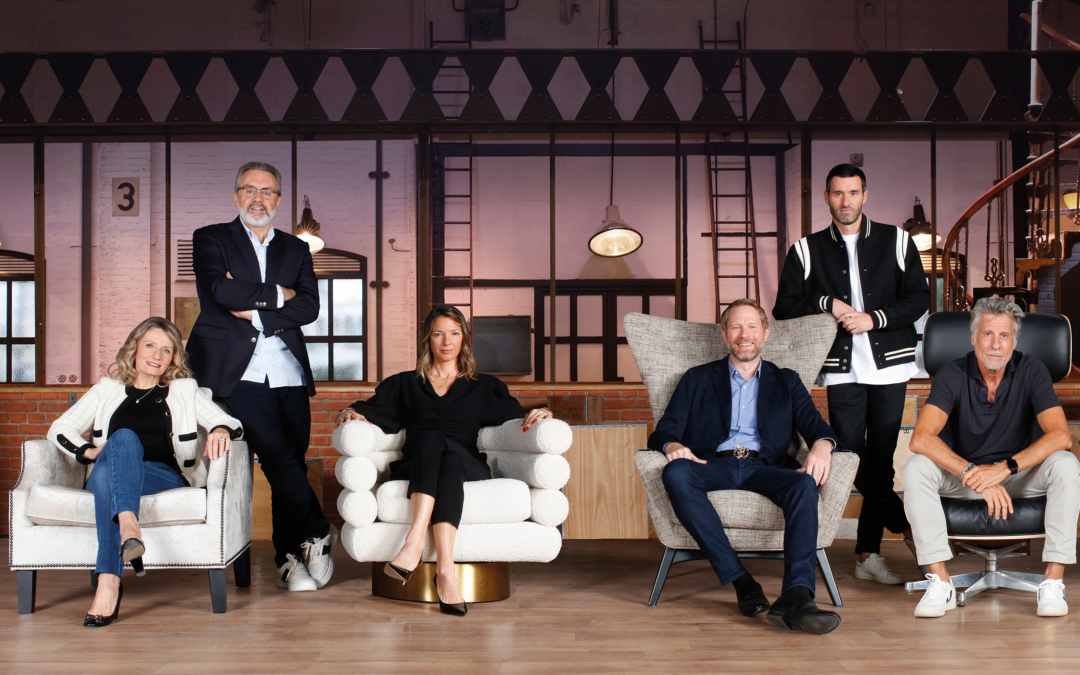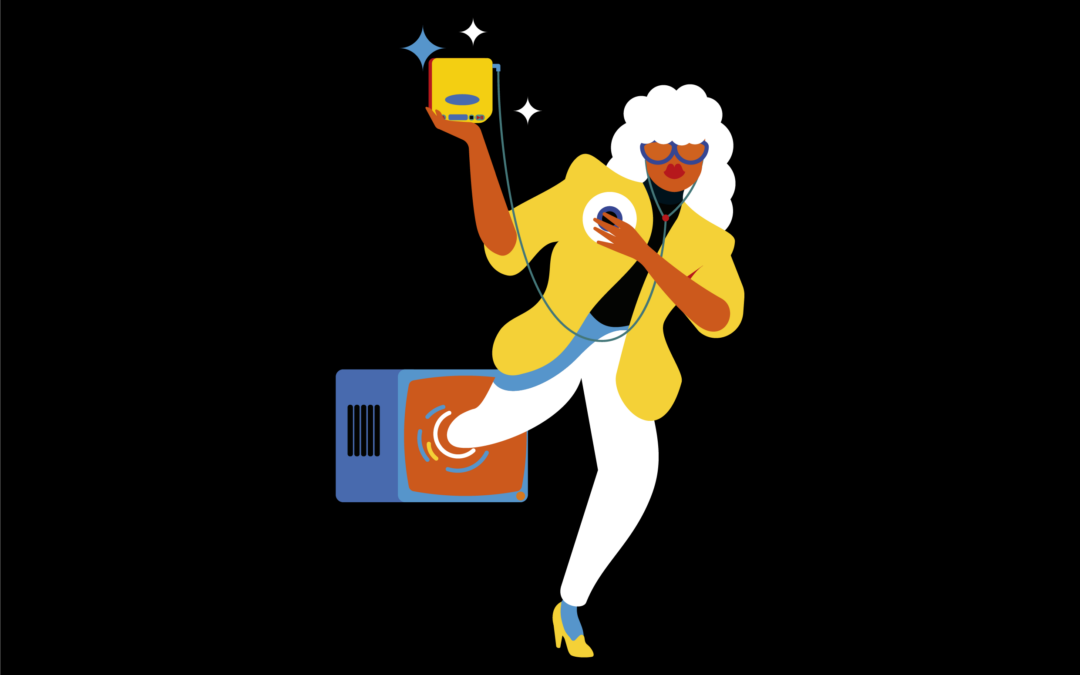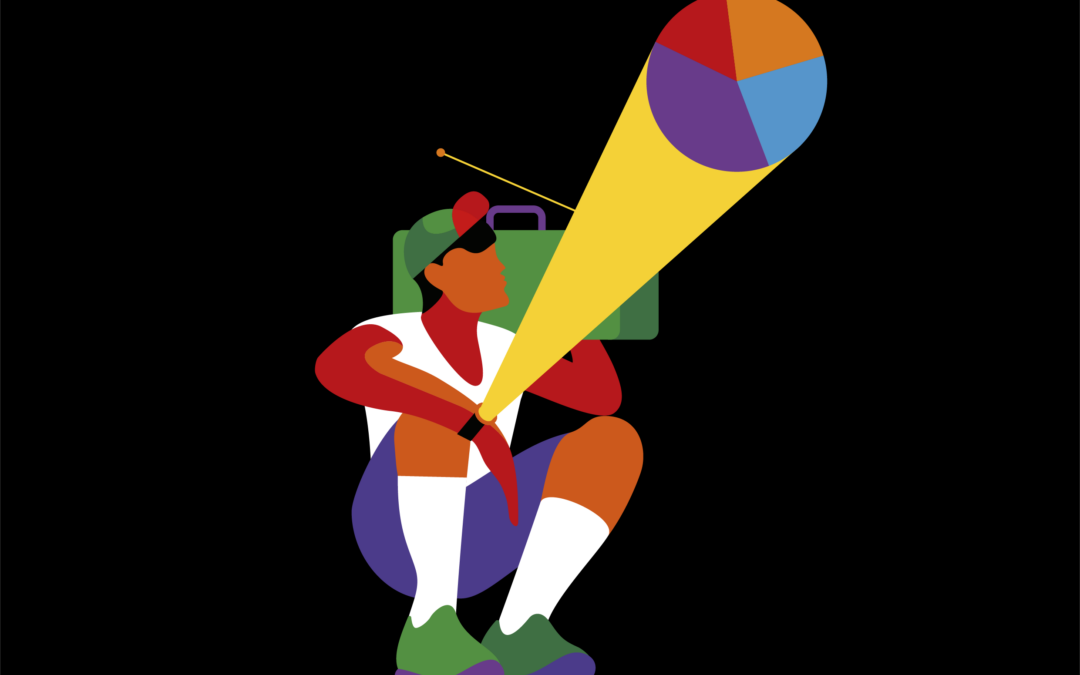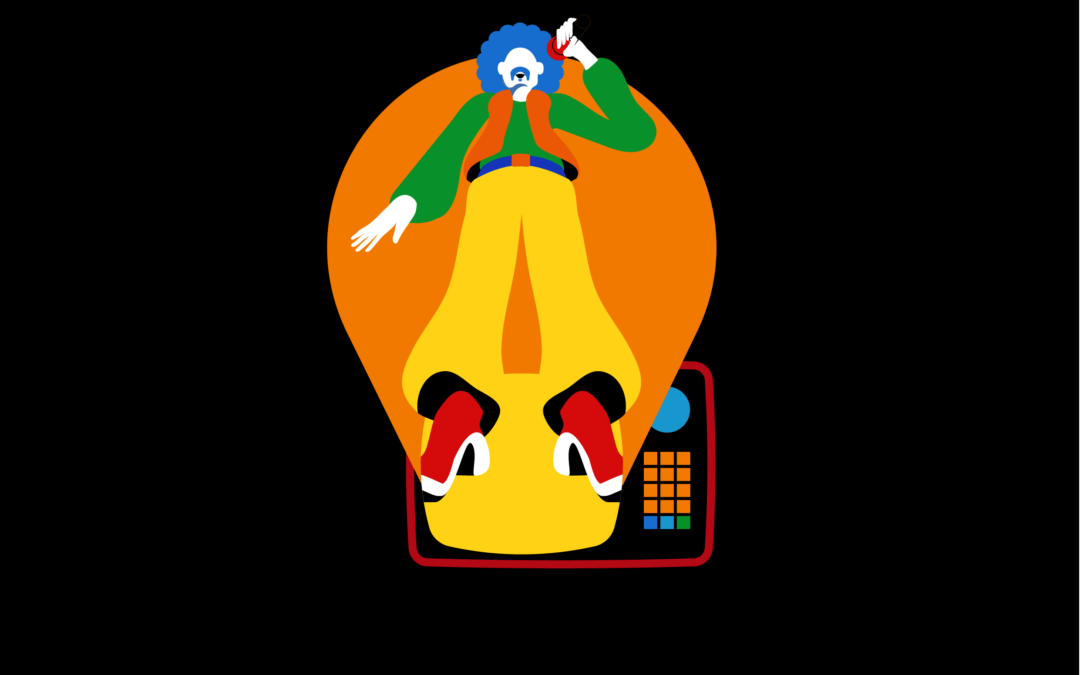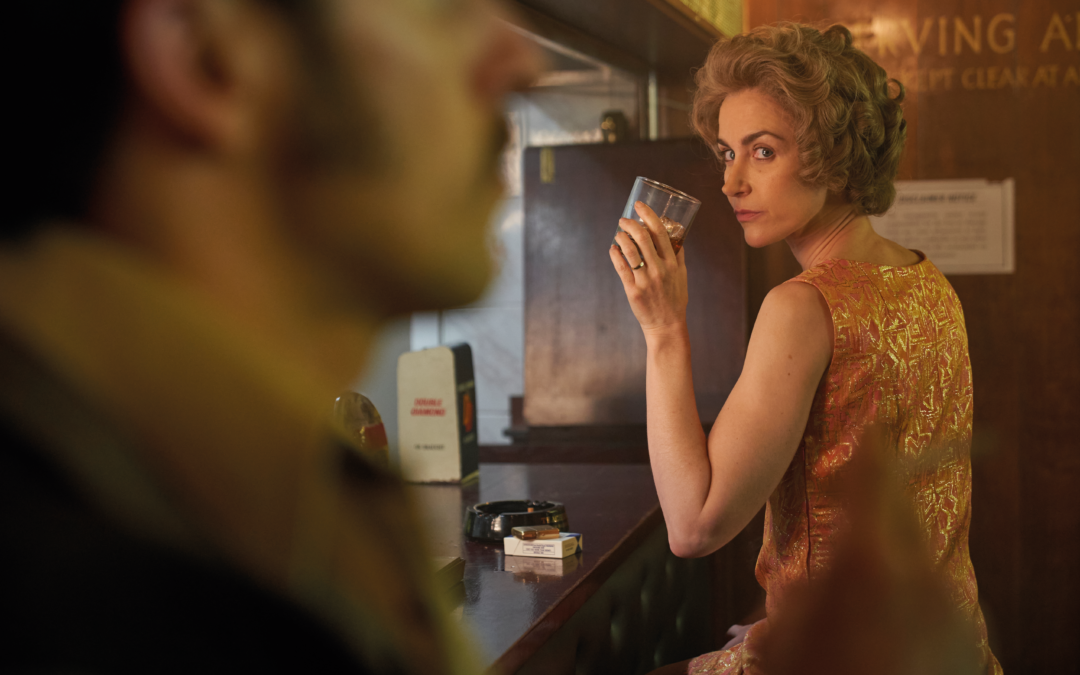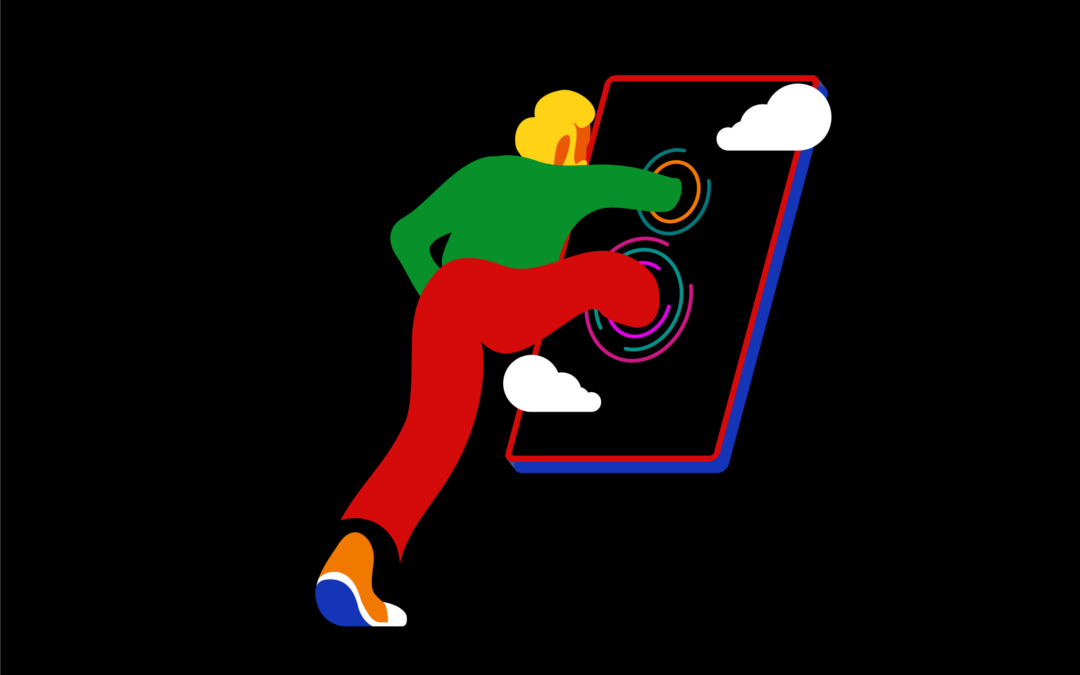As this year is a very special edition of TV Key Facts, celebrating 3 decades of Total Video analysis, we had the pleasure to talk to the founder of the TV Key Facts: Freddy Tacheny. We asked him about the original production of this incredible project, and if he had imagined that 30 years later it would still be a staple in the media and advertising market.
Note for reader: TV Key Facts was founded in 1994 by a company called IP Network. IP Network has become RTL AdConnect which in turn was merged with other companies to form RTL AdAlliance.
1) Remind us of the geopolitical and media context in which the TV Key Facts was created.
When we were creating the first edition of the TV Key Facts, which was 30 years ago – so in 1994, we also experienced a big change in history; Europe as a unity was also being created. It was a very specific time. With the fall of the Berlin Wall and the Maastricht treaty, it was a time when people in Europe wanted to be heard. It was the first time ever that we were not only national citizens but also European citizens. There was a feeling of belonging which constructed a part of everyday life, representing Europe as a strong force in terms of economy, society, and cultural richness. For the first time, Europe was in solidarity and a sort of euphoria was created thanks to this. We don’t experience the same kind of feeling nowadays because now the world is much more worldly, perhaps thanks to media.
Alongside this change, IP was also growing, constructing itself internationally, and improving its connections between different international marketing services and business entities. We oversaw the Time Budget survey project from Belgium, and it was very interesting because it enabled us to see the concrete budget that everyone dedicated to daily activities, such as media, commuting, and working. The study revealed differences between the North and the South of Belgium as well as between different ages within the population. The IP Group Management encouraged us to launch the study elsewhere in Europe, allowing us to create for the first time some European averages and to compare European countries: Belgium to Spain, the Netherlands, France etc. By revealing the cultural particularities of each country, we could see where there were both concrete differences and similarities. This helped us then see concrete European trends.
2) How did you experience the production of the 1st edition of the TV Key Facts?
It was a work of madness. Things changed at the last moment because we did not have the tools or resources that we have today to create the book. There was no internet, and IP was not represented everywhere. We had to find information from outside the countries that we were looking into.
It took 3 months to create the first book because it needed to be invented, and the general direction of the book needed to be discovered. We attended, with all Marketing teams of the group, many meetings, and all got very close as a team. We were all very proud to be a part of something so incredible.
Every year after, it became more systematic, and someone from each country was delegated to oversee the TV key facts of that country. It was a beautiful time and a beautiful project.
3) What was the objective of the project? What is the reason for initially creating the project?
Firstly, TV was becoming a mass media platform at the time, which established IP as a major actor in European expertise. IP had the vision to show this expertise by exchanging information across Europe and creating the TV Key Facts book. Then, it was decided that the project would be created annually to see how TV continued to grow around the globe.
Secondly, unlike the US, which is often viewed as a unity, European countries are all very different. Therefore, we thought that this study would help the world to get to know Europe in its plurality, as well as get to know IP as an expert of this plurality.
“Throughout my whole career, I supported this TV Key Facts book and what it was selling. I supported it because, thanks to my marketing origins, I know that the tool is permanent and needs to be continued. It’s a tool that proves the universal side and power of television.”
Finally, this project was also an objective to affirm the power of Television, the emergence of this new form of media which started taking over the daily press. Back then, the number of people who had TV was much lower. However, over the years you can see that this harmonised with increased viewers and increased viewing time. This was thanks to a complete digital revolution, increasing mobility of TV, and giving increased choice with the creation of hundreds of channels. So, in a way, it became more and more important to have a marketing tool and adapt our studies to the emergence of this modernised digital world.
Overall, it was a great success, and IP succeeded in becoming a marketing and sales leader and expert. IP’s notoriety was nationally increased. There was further in-house success, and more and more people wanted to work for IP. The study was a great added value in the media industry and people were proud to be a part of it.
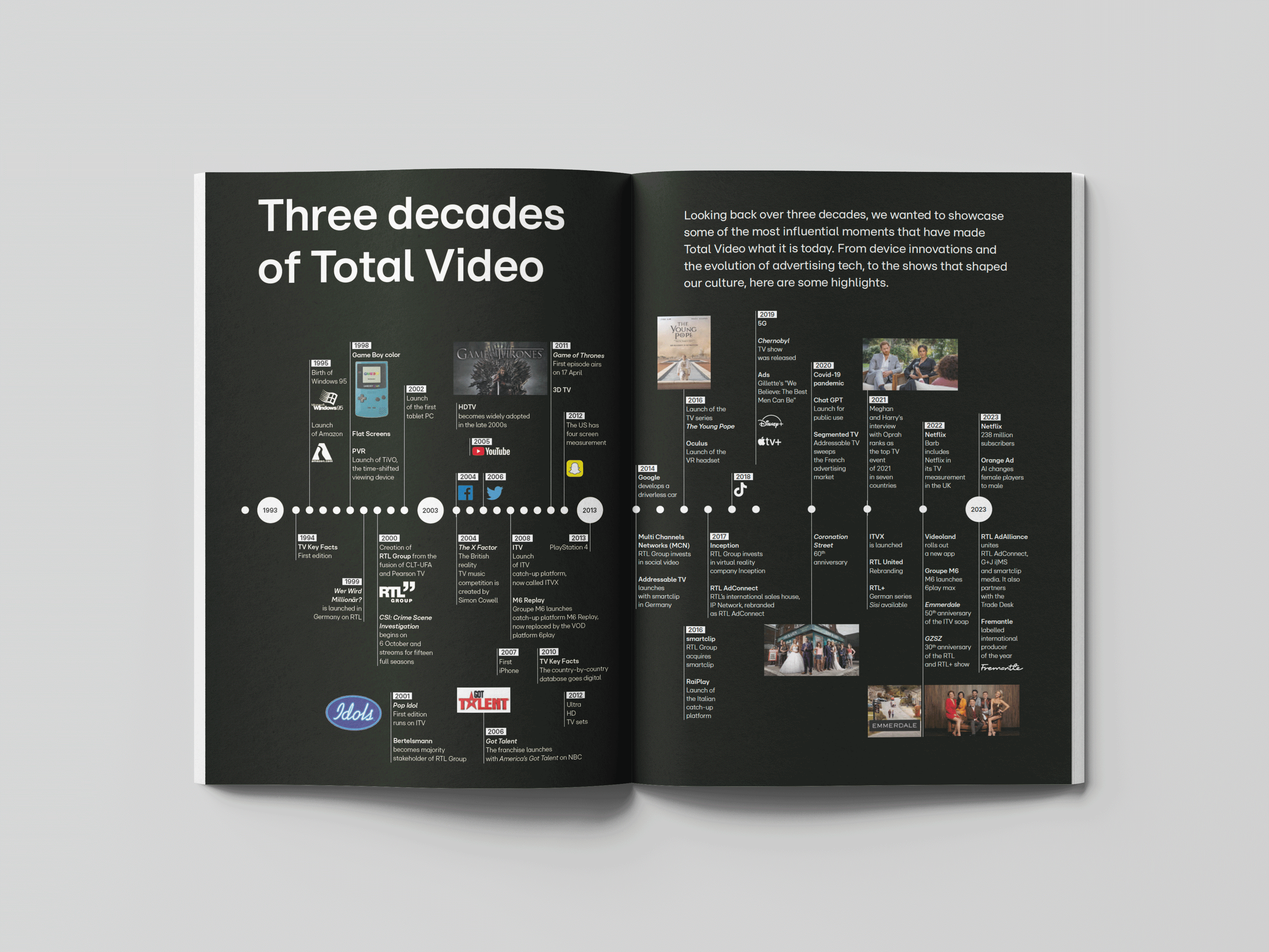
4) What were the repercussions of the study on the market?
The first few years of creating the TVKF were quite easy because it was dynamic. Everyone wanted to know about TV at that time, and this study helped that. Therefore, IP got a lot of respect from local advertisers and agencies. However, after a few years, we had to fight to maintain it. There was no longer a need to sell television because it was being bought, and there was no need for this marketing tool anymore.
But throughout my whole career, I supported this TV Key Facts book and what it was selling. I supported it because, thanks to my marketing origins, I know that the tool is permanent and needs to be continued. It’s a tool that proves the universal side and power of television.
5) How has the market evolved in the last 30 years and how do you see the future of TV?
Television, alongside photography, was one of the first sectors to go through a digital revolution, and we had the chance to be a pioneer in this transformation. Some people say that with an increase in digital, Television will die, but I do not agree. Digital isn’t in competition with TV, because digital is TV. TV is still a leader, and thanks to digital it has become richer, something much more than it was before, concerning mobility and interactivity, and the amount of choice.
Nowadays, we are also speaking a lot about artificial intelligence which is contributing to this digital revolution and specifically advertising optimisation. The advertising and Media world started using artificial intelligence for optimisation purposes, creating a systematic network that optimised evaluation analysis, using it to reflect on data in the past, and to envisage the future industry. Artificial intelligence is therefore a very valuable tool for people in our field, giving us the ability to work with incredible masses of data in new modern ways. I think we will continue to need this tool in the future to remain experts in our field, especially because the world of media will become more complicated. At the end of the day, however, although we have robots who can do a lot of things, they will never replace the human influence on a project.
Thanks to these modern aspects of digital, TV will remain a leader of this century.
6) Do you have a story or memory to share with us about your journey with the TV Key Facts?
I have a very moving memory from that time. It is the memory of getting to know all the people with whom I worked on this project. I cannot look at the book without thinking about all those people. We were all very similar individuals, all with the same desire to collaborate on a tool that later became a concrete symbol of our collaboration.
Beyond IP, there was a true team. We all saw each other all the time and everywhere, and we travelled. In this European spirit that we created together, there was a place for euphoria and a true positive desire to get to know each other. Friendships were formed and so was the TV Key Facts book. We are all so proud of it, and we are very happy to have been able to do it. So, the memory of making this book is my anecdote, both a euphoric and a very human experience.
